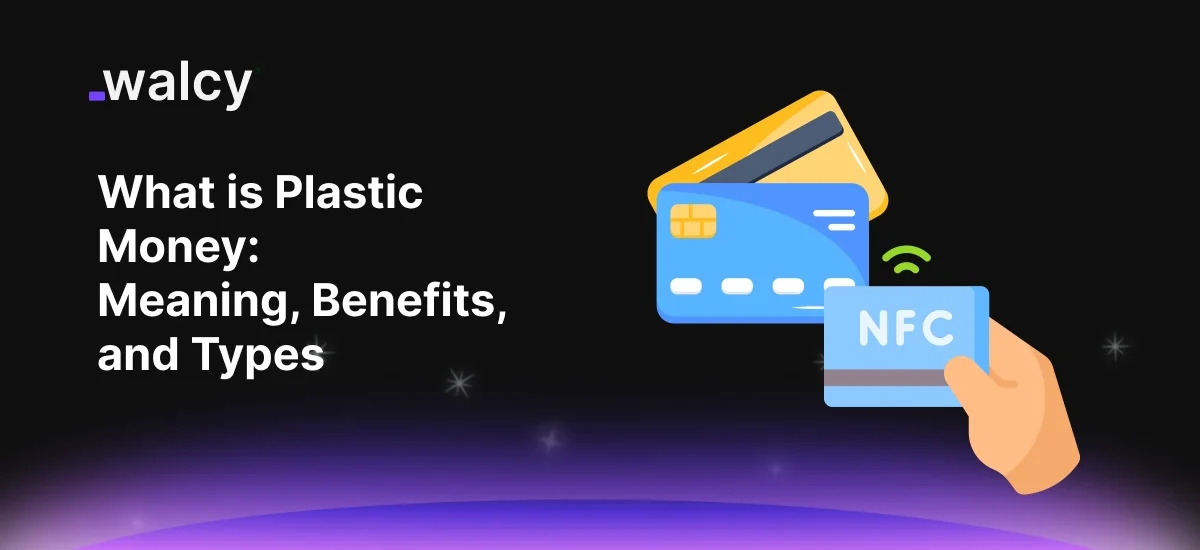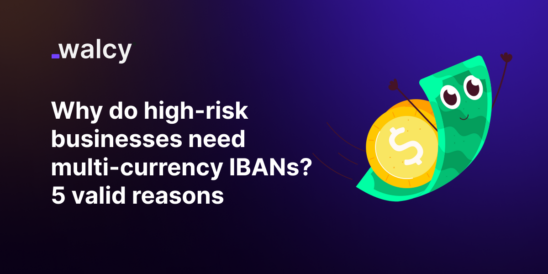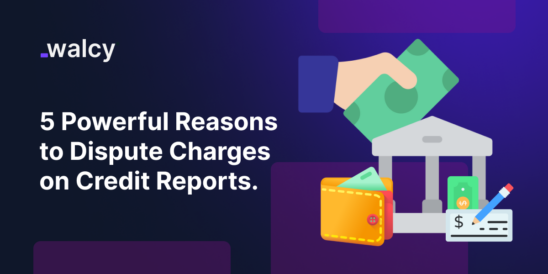With time, cash has started becoming redundant, and at that place, plastic money has come out to be very convenient and secure.
Plastic money makes every financial transaction easier, from shopping at your favorite store to paying bills online.
The definition, advantages, types, and history of plastic money will all be covered in this blog, along with some of its drawbacks.
What is Plastic Money?
Plastic money denotes instruments of payment made of plastic; they include debit cards, credit cards, and prepaid cards.
These tools are everywhere, used in cashless transactions, and make a safer and more convenient deal with money than hard cash.
Unlike cash, plastic money minimizes the risk of theft or loss and provides more security via PINs and OTPs.
This allows for easy online shopping, paying bills, and conducting international transactions.
Most of the plastic money alternatives also have rewards, cashback, and other travel benefits associated with them.
With digital payments gaining traction, plastic money also plays an important role in modern financial systems.
Read about: Top Online Payment Methods Across The World.
History of Plastic Money
Plastic money continued to evolve throughout the 1980s and 1990s with the introduction of magnetic stripe technology, enabling easier and quicker transactions.
During the early 2000s, with the rise of online shopping, plastic cards became a preferred method of payment in e-commerce, hence an increase in their adoption.
In the 2010s, innovations like EMV chips made the cards more secure, hence reducing fraud risks.
Today, plastic money has evolved into things like digital wallets and contactless cards that offer an even more seamless and secure way of managing money.
Types of Plastic Money
Plastic money is available in different forms, each suited for particular financial needs. The following are the major types:
- Credit Cards
-
- Credit cards allow the user flexibility in making purchases and later paying, usually with interest charges.
- It also offer additional benefits related to travel insurance, purchase protection, and extended warranties on items purchased.
- Debit Cards
-
- Usually have fewer fees than credit cards and can be one of the cheapest ways to manage daily transactions.
- Funds are instantly available for purchases or through an ATM, and they can be linked to either a current or savings account.
- Prepaid Cards
-
- Similar to debit or credit cards, it may be used for in-person or online transactions, but it isn’t connected to a bank account.
- Offer a safer alternative for users who do not want to carry large amounts of cash or disclose their primary bank account details.
- Charge Cards
-
- Do not have any pre-set spending limit – users can spend as much as they can afford to repay by the due date
- Usually carry high annual fees but with exclusive rewards, concierge services, and other benefits that go with premium products
- Travel Cards
-
- Some can be loaded with several multiple currencies hence very convenient to international travelers who may need various kinds of currencies.
- Many offer fraud protection, card loss, and even theft; some come with travel-specific benefits, such as travel insurance or the use of airport lounges.
Read about: Best Multicurrency Account: What Is It And How It Works?
Advantages of Plastic Money
Plastic money has some advantages and, hence preferred by many. The key advantages are discussed below:
- Convenience
-
- Provides 24*7 access to users for transaction purposes at any place and at any time without searching for store timings or availability of cash.
- Saves time and effort while paying for purchases in person or online.
- Security
-
- Most of the cards have chip technology and contactless options, which helps to minimize fraud and counterfeiting.
- Alerts can be set up to monitor every transaction in real time for added peace of mind.
- Rewards and Offers
-
- Several cards provide their customers with exclusive access to discounts on travel, bonus points, and special purchases, including groceries or dining.
- Several cards include tiered rewards systems where users can receive greater rewards when they spend more, accommodating frequent users.
- Record Keeping
-
- Monthly statements and digital records make tracking and categorizing expenses for taxes and financial analysis easier.
- Features like automatic categorization of transactions help users stay organized and spot spending patterns.
- Access to Credit
-
- Credit cards provide you the freedom to make big purchases without having to pay for them right now since you can pay them back over time.
- Timely payments of credit card bills help improve credit scores, which in turn provide ease when taking loans afterward.
- Cashback Offers
-
- Many credit and debit cards offer cashback on certain categories of spending, like groceries, fuel, or dining.
- These offers sum up over time to give users actual savings or refunds on their purchases.
- Budgeting Assistance
-
- Some cards have built-in budgeting tools or apps, where spending is categorized for better adherence to the budgets.
- By setting a cap on spending with the use of a card, that controls the budget and does not lead to overspending.
Disadvantages of Plastic Money
Though plastic money has many advantages, the following are some of the drawbacks associated with it:
- Overspending
The facility to buy things without paying cash instantly may tempt consumers to overspend.
Many users sometimes find it difficult to repay the balance amount. They collect interest and penalties on their purchases.
The temptation of getting instant credit may lower the guard over one’s spending, leading to financial stress.
- Concealed Charges
Many cards are infested with ‘stealth’ fees: foreign transaction fees, cash advances, and ATM withdrawal charges.
Many late or missed payments also provoke very high penalty fees. If not repaid soon enough, this balloon quickly, piling up on one another.
Other cards hit the user with high rates if the outstanding balance is allowed to run over month-to-month.
- Security Risks
Plastic money is at risk of being misused by unknown people once stolen or lost unless reported timely by the user.
Data breaches and hacking attacks on payment networks have resulted in the exposure of millions of cardholders to possible fraud.
Consumers who fail to take necessary precautions such as keeping their PINs secret may experience problems when seeking compensation for fraudulent transactions.
Read about: Online Payment Security: Best Practices to Keep Your Transactions Safe
- Dependency on Technology
In an electronic payment system, failure may occur due to the system breakdown or loss of an internet connection.
Some places may not have card readers, ATMs, or payment gateways, and there is also a lack of access during power outages or natural calamities.
In the event of technological failures, users cannot proceed with transactions, which creates much inconvenience during urgent purchases.
- Debt Accumulation
The continuous habit of using credit cards without making timely payments will surely trap an individual into debt, as interest piles up with time.
Revolving credit card balances makes a person unable to save or invest as a lot of money is utilized for paying high-interest debts.
Failure to pay the entire balance amount may also be reflected in a poor credit score, which would hamper future financial opportunities.
- Loss of Personal Touch
Unlike cash, which is much more personal and tangible, managing money with plastic can sometimes feel disconnected and can promote overspending.
Users cannot conceptualize their spending as much because payments are abstracted; one does not hand over any money.
This can make it more difficult to be disciplined and mindful of budgets.
Who Issues Plastic Money?
Plastic money is issued by banks, financial institutions, and payment service providers. Major players include:
- Banks
Banks provide a wide range of plastic money options, like debit and credit cards, directly linked to customers’ checking or savings accounts.
Quite often, they offer a bunch of benefits, such as loyalty rewards, cashback, and access to exclusive financial services.
Many of the banks also provide prepaid cards, which can be utilized without being linked to any bank account, thus giving one a safe way to budget and shop online.
- Credit Card Companies
The major worldwide credit card networks include Visa, Mastercard, and American Express, which team up with various banks and financial institutions to sell credit card services around the world.
These companies make sure that their cards are accepted at millions of different merchants and ATMs worldwide, facilitating smooth transactions.
Credit card companies also provide a host of additional benefits to cardholders in the form of travel privileges, insurance coverage, and protection against fraud.
- Non-Banking Financial Companies (NBFCs)
NBFCs collaborate with banks to issue co-branded credit cards for a specific reward or discount offered on their partner’s product or service.
These are institutions that concentrate on offering innovative and flexible financial services both for individuals and corporations they deal with credit cards that can offer low-interest rates or unique features.
NBFCs can also issue prepaid cards targeting niche markets or specific customer needs, ensuring added security and control over spending.
Conclusion
In the end, plastic money has changed the face of financial transactions with easy access to cash, security features, and other rewards that enhance consumer experiences.
It is, however, prudent for the users to be aware of the negative side of plastic money, including overspending and hidden charges that may amass.
With responsible usage, along with a clear understanding of the various types of plastic money, one can use it to maximum benefit while avoiding common pitfalls.
Knowledge of terms and conditions provides insight into making the utmost utilization of these financial utilities.
Ultimately, plastic money can serve as a power for managing day-to-day finances and planning for the future when used wisely.
Do follow us on Facebook and LinkedIn, to stay connected with us



